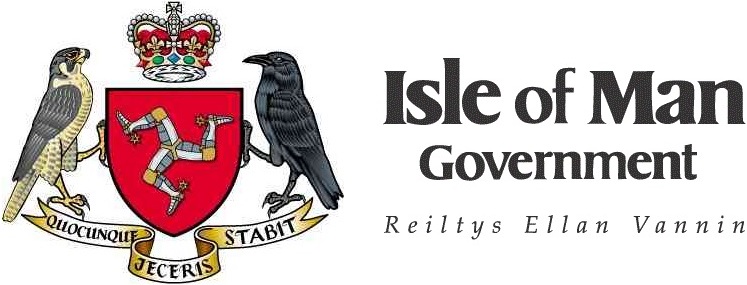Electronic Transactions
Feedback updated 30 Aug 2022
We asked
The Department for Enterprise sought views on the Electronic Transactions Act 2000 and the existing legislative framework for electronic transactions and digital signatures.
You said
30 responses to the consultation were received. The majority of responses were in favour of most of the proposals set out in the consultation.
We did
A summary of the responses received which also sets out the next steps that the Department intends to take has been published below.
Results updated 30 Aug 2022
Files:
- Electronic Transactions: Summary of Review of Consultation Responses August 2022, 599.3 KB (PDF document)
Overview
A consultation on the Electronic Transactions Act 2000 and broader legal framework for electronic identification, digital signatures and electronic transactions.
Why your views matter
The Electronic Transactions Act was introduced in 2000, in order to encourage the use of electronic services in both the public and private sectors. However the legislation is complex and isn’t easy to understand. Other jurisdictions have put in place other measures, such as the EU’s Regulation on electronic identification and trust services for electronic transactions in the internal market (eIDAS) system in the EU.
The Act has not been amended or subject to comprehensive review since 2000 and at a time when we are more reliant than ever on electronically delivered services it is appropriate to consider whether amendment would be beneficial, or whether further measures should be put in place in order to further facilitate use of electronic transactions.
What happens next
Following consultation, the Department will:
- review and evaluate comments received from consultees; and
- publish a review of the comments received and set out the next steps for any legislative changes
Areas
- All Areas
Audiences
- All residents
- Black & minority ethnic
- Business owner
- Children & young people
- Civil and public servants
- Elected members - local government
- Elected members - MHKs
- Employees
- Homeowners
- Landlords
- Leaseholders/ landowners
- Lesbian, gay, transgender & bisexual
- Older people
- Other non-resident - business interests
- Parents, carers and & guardians
- People with disabilities or long term illness
- Retired
- Road users
- Self-employed
- Students
- Tenants
- Unemployed
- Visitors & tourists
- Volunteers
Interests
- Legislation
- Technology

Share
Share on Twitter Share on Facebook